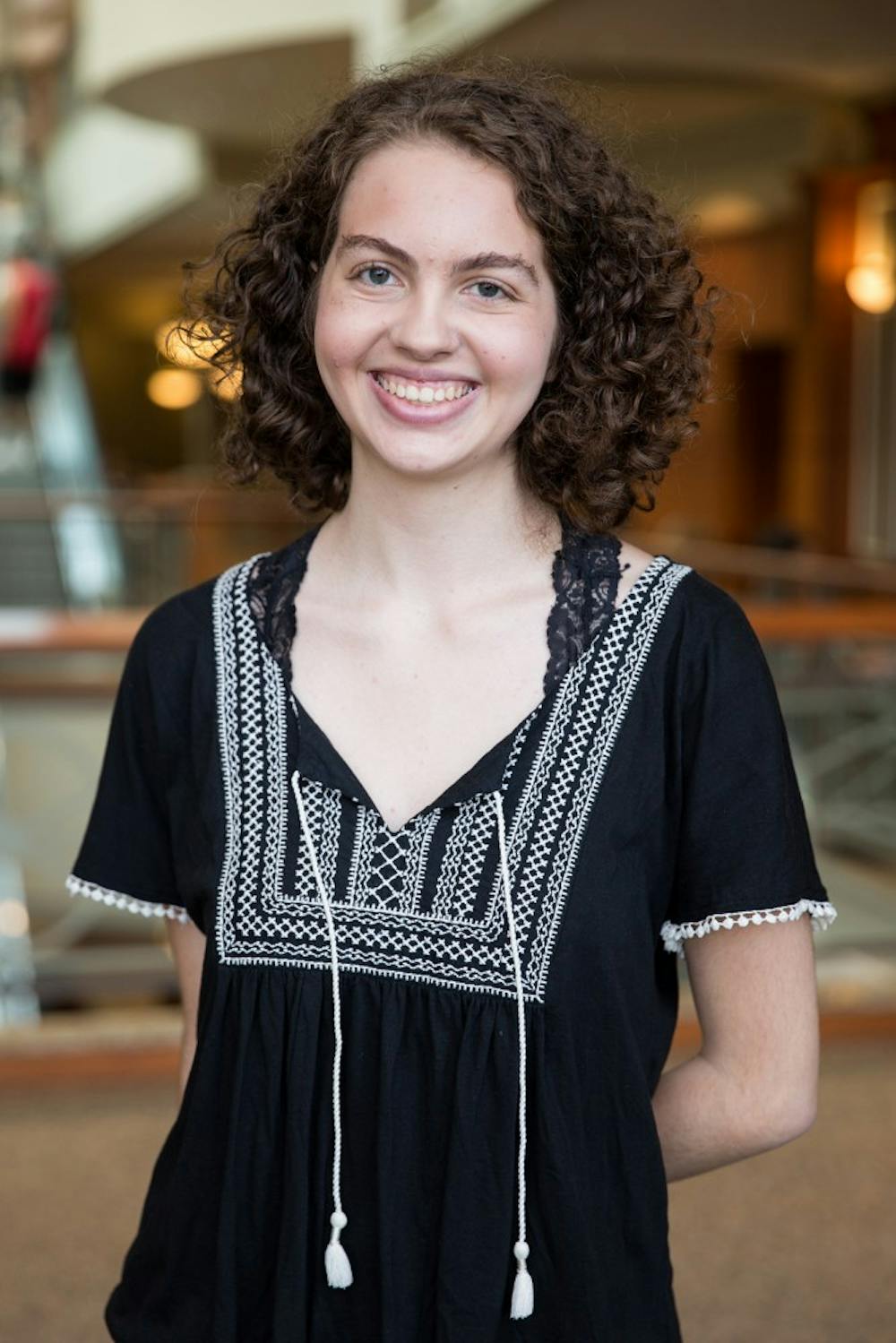Unfortunately, due to the increased sexism within a society that views women as sexual objects, pure attraction to women is often seen as overtly sexual. This sexual view of women is often known as “the male gaze.” The male gaze refers to a way of looking at the world through a masculine lens and predominantly features viewing women as objects of sexual pleasure.
Of course, that is not to say that all men view women exclusively as sexual beings or that the main focus of all men is their sexual feelings toward women. Clearly, not all men have harmful intentions toward women or are even sexually attracted to women. However, it cannot be ignored that women are objectified and viewed exclusively or largely for their appearance and sexual abilities within society, and that that objectification largely comes from an appeal to heterosexual men. Thus, the male gaze is still something that needs to be acknowledged.
The male gaze influences all women, but it has a uniquely problematic relationship with queer women. Of course, queer women are often fetishized for their sexuality by heterosexual men in both pornography and mainstream entertainment. However, that is not what I will be focusing on here. Instead, I will be looking at the ways that the male gaze has made queer women insecure about their own attraction to women.
Whether they have just come to terms with their sexuality or they have been out all their lives, it is not uncommon for queer women to feel uncomfortable with their attraction to other women at some point in their lives. This discomfort can be for multiple reasons – personal insecurity, heteronormativity or a variety of other causes. But one reason for this discomfort may be that because sapphic women are women themselves, they are aware of the impact of female objectification and do not want to inflict that feeling onto other women by expressing attraction toward them.
And this is where the damage of the male gaze is often done, because it not only influences individual queer women and the way they are viewed, but also how they view their own attraction and relationships to other women. In other words, the male gaze has made queer women view their queerness as something wrong and predatory, and that by finding other women attractive, they are leering, or reinforcing the objectification of women. This is also compacted by the stereotype that queer people, in general, are predatory and sex-obsessed.
But there is nothing inherently wrong with women finding other women attractive. There is also nothing wrong with having sexual feelings for other women. These things are the basis of being sapphic, and they are not dirty, wrong or unnatural.
Queer women cannot appropriate the male gaze because, simply, they are not men. Women are not grounded in the same patriarchal privilege that men are, and they also do not have the same heterosexual privilege men have when expressing their attraction to women. The male gaze is primarily an expression of power – and because queer women do not have the same societal power as straight men, they cannot create the same sort of objectification.
Of course, that is not to say that any unwanted sexual attention to women – no matter who it comes from – is okay or warranted. It is possible for queer women to offer unwanted attention that threatens a woman’s sense of safety and wellbeing as much as unwanted attention from a man could. However, it is important for queer women to realize that their mere interest in women is not an act of violence, and it is important for others to realize this as well. Ultimately, queer women are not worsening the violence and objectification of women simply by existing.
Delaney Murray is a freshman studying journalism with a focus in news and information at Ohio University. Please note that the views and opinions of the columnists do not reflect those of The Post. How has the male gaze affected you? Let Delaney know by emailing her at dm181515@ohio.edu or tweeting her at@delpaulinem.






